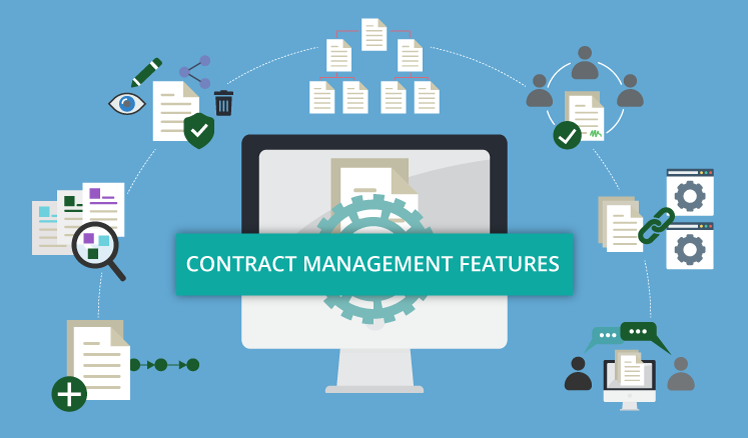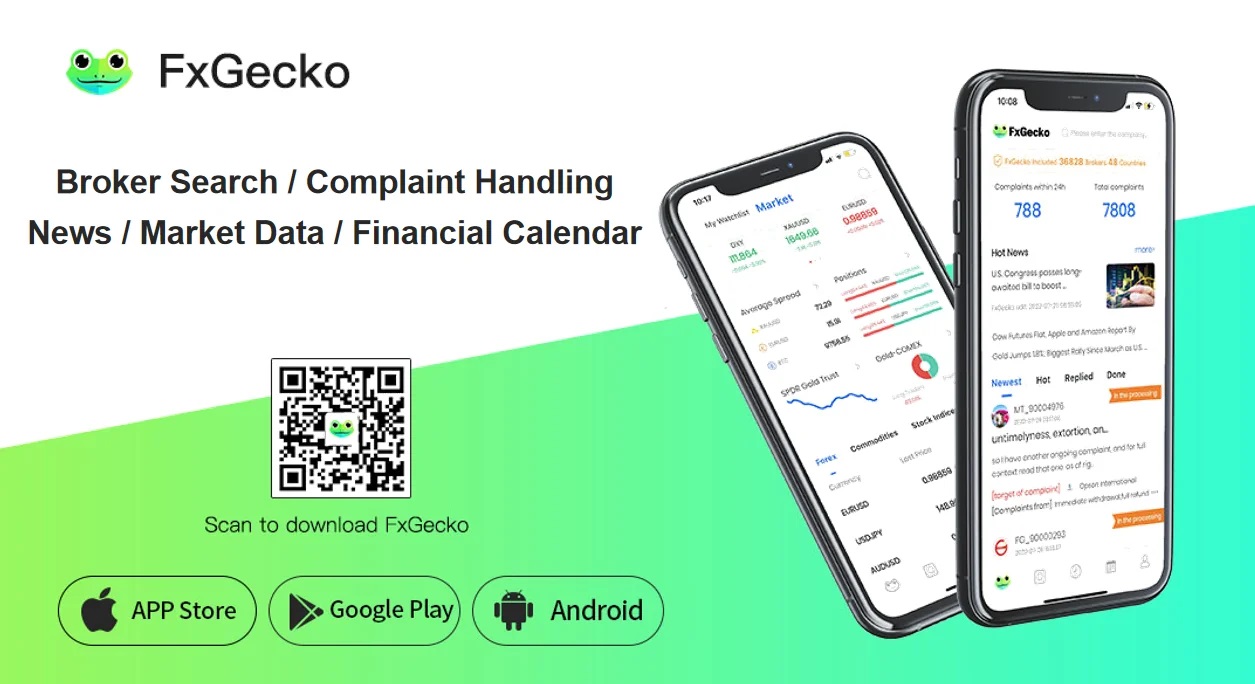The role of a sales operations team centers on administrative, technical, and time-consuming tasks. Examples of these tasks include sales process optimization, strategy, data analysis, forecasting, hiring, and training.
Having a designated sales ops team results in improved productivity and increased sales due to the adoption of strategic sales coverage models, adopting & implementing sales tools, and territory planning.
Territory planning is the creation of a strategy for targeting customers and ensuring sales growth. Therefore, the role of a sales operation team is to provide strategic direction to a company, implement an innovative sales tech stack, and enable the sales team to sell more efficiently.
A further look at the role of a sales operation team
To provide more detail surrounding sales operations, below is a breakdown of the two sectors within the immediate KPIs of sales operation teams.
Strategy:
- Data analysis
- Sophisticated planning and goal setting
- Evaluating sales methodology and technology
A sales operation team will also manage the logistics of sales technology on behalf of the sales team.
Technology:
- Data management and reporting
- Integration of apps and tools
- The adoption/customization of CRM
- Applying automation to routine procedures
How the implementation of Deal Desks maximizes ROI
The use of technology is of great importance in maximizing ROI thanks to the simplification and procedure automation. In automating administrative tasks, employees are ascribed more time to focus on the generation of revenue.
A key point within automation centers the use of Deal Desk and DSRs (digital sales rooms). The function of a Deal Desk is to review, approve, and reject the deals offered to a company. In doing so, it ensures that the deals accepted optimize a business’s ROI and aligns with its organizational strategies. Furthermore, the deal desk enhances resources by identifying when discounts should be applied to products. There is thus more time for sales teams to dedicate to other tasks, such as generating leads.
Another function fulfilled by Deal Desks is the management of contracts, alongside the provision of help in formulating negotiation strategies. Finally, Deal Desks centralize decision making. Their usage ultimately results in better structured organizations which are also better equipped to adhere to the needs of customers, thus increasing ROI.
If a company’s main line of business includes complex deals, Deal Desks are of significant importance. They help by:
- Highlighting the potential risks or inconsistencies surrounding a deal. This thus resolves issues almost immediately, avoiding the derailing of the deal at hand.
- Negotiating terms and conditions with clients, guaranteeing that all parties involved with the deal can derive benefits from it.
- Monitoring and tracking the progress of a deal, ensuring time efficiency.
It is the effective nature of such automation which enables teams to meet their sales KPI (Key Performance Indicators). This occurs through the organization which it ensures. Secondly is the way in which automation strengthens features of a business such as time efficiency, and therefore customer service.
How CPQ tools can streamline sales operations
CPQ tools streamline sales operations through automating time consuming tasks. These include the quoting process and other administrative tasks akin to scheduling client communications and requesting approvals.
Two other ways in which the software streamlines the sales process surround its ability to configure products and eliminate rogue discounting. The combination of these factors results in the figure that CPQ software shortens the sales cycle from 4.68 months to 3.42 months.
CRM definition and functions
CRM is an acronym for Customer Relationship Management. At the software’s core is its collection of data. Such data is then utilized to target new customers and acquire their business. The features of CRM software include:
1. Workflow automation
Some CRM softwares enable the use of custom rules. An example of a custom rule is when a member of the sales team receives a message, the software can send an automated response to acknowledge this message. Furthermore, whilst the sales team completes tasks, the software will report to supervisors to enable performance reports.
2. Customer service
CRM software helps companies provide efficient customer service. For example, all website visits and purchase histories are stored within its database. This helps in keeping all sales representatives up to date on the activities of their clientele. The software also uses the first names of customers when it automatically contacts them, providing a sentiment of personalization. Finally, CRM creates a unique reference number for each account, issue and customer.
3. Employee tracking
Some CRM softwares provide employees with individualized accounts. Utilization of such accounts enables employees to track their own hours and sales numbers. Supervisors and upper management are then able to view individual employee goals and completed tasks.
CRM’s inefficiency for complex deals
Despite the advantageous features stated above, some users find their CRM software to be ineffective. This problem majoritarily materializes in relation to complexity.
To ensure effective use of CRM software, one has to begin with specified goals. The issue for many is the temptation to address too many objectives, resulting in the inefficiency of the system’s adoption. The objectives selected must be relevant to the current position of your business, strategic, and realistic.
Conclusion
To conclude, sales operation teams use automation software such as CPQ and Deal Desks in order to meet sales KPI. This materializes through the time efficiency which is ensured by such software, and equally through the organization it implements into the running of businesses. However, all software has its limitations. When using CRM for deals of great complexity its efficiency diminishes. To avoid this, it is of great importance to outline specific objectives.








Add Comment